YHouse Lunch Talk IAS Speaker: John Horgan, Director, Center for Science Writings, Stevens Institute of Technology
Title: The Mind-Body Problem and Scientific Regress
YHouse Blog: Awareness Research, the Nature of Cognition and the Future of Intelligence
By YHouse
Lucid Living: Theory and Experiment in Science and Philosophy
By Piet Hut
"The Mind-Body Problem" Dr. John Horgan (Center for Science Writings at Stevens Institute of Technology) (March 8, 2017)
On Thursdays at noon Yhouse holds a lunch meeting at the Institute of Advanced Study, in Princeton. The format is a 15 minute informal talk by a speaker followed by a longer open-ended discussion among the participants, triggered by, but not necessarily confined to, the topic of the talk.
Here is a summary by Michael Solomon about his talk last week at the YHouse-IAS Cognition Lunch Salon.
“Towards General Artificial Intelligence” with Dr. Tomas Mikolov (Facebook) and GoodAI (February 22, 2017)
Caleb Scharf of YHouse has some fascinating ideas about how AI can show humans new ways to think about the natural world. Read “Why I Love AI” on Scientific American.
Eiko Ikegami presented “Avatars on the Spectrum: Rashomon and Mysteries of Autistic Experiences”
Please join us in watching this video of Yuko Ishihara's live presentation,“Awakened Realism: Insights from Japanese Philosophy”, moderated by YHouse's Christopher Stawski in the Rubin Museum's Art Lounge this past December.
Caleb Scharf of YHouse spoke with Business Insider about how our technology may already be playing a role in the future of human evolution. In the video, Scharf raises some interesting thoughts. Have a look. Humans are at the forefront of what could be the first major shift of evolution in over a billion years.
A comment to Piet Hut’s “From Knowing What You Have to Waking Up to What You Are”. The disconnection between the object and the subject is at the center of Piet Hut’s presentation. The question is: how can we put together what, through the development of the scientific method over the last 400 years, we consider to be objective knowledge of the world (universal, physical, observable) and the subjective (the way we, as individuals, look at things, interpret them, are moved by them) without running into contradictions and analytical problems?
Susan Schneider discusses her proposal for a test to determine whether an AI can be truly conscious
This is the video of Piet Hut’s presentation, as part of the Chasing Consciousness Public events at the Rubin Museum of Art.
Please join us for drinks and an exciting discussion on “Determination of Death by Cessation of Whole Brain Function” with Dr. Michael Solomon (RWJ Barnabas University Hospital & Medical Society of New Jersey Bioethics Committee) this Wednesday evening.
Join Susan Schneider, an associate professor of philosophy and cognitive science at the University of Connecticut and a member of the Interdisciplinary Center for Bioethics at Yale University, as she discusses her proposal for a test for determining whether AI can be conscious.
Please join us for drinks and a discussion that riffs on evolutionary theory and speculates on the properties of thought. Dr. William Chang (Albert Einstein College of Medicine) will lead a discussion on how biological entities from enzymes to brains achieve both coherence and diversity of behavior.
Photo credit: Luis Tsukayama Cisneros
Topic: “Awakened Realism: Insights from Japanese Philosophy”
Speaker: Yuko Ishihara (Center for Subjectivity Research, University of Copenhagen)
This first event will feature two artists and a scientist, with a panel discussion moderated by Nadja Oertelt. How does awareness arise?
If you missed it last Friday at the Rubin Museum, here is a link where you can watch a video recording of the full talk by mind scientist Liza Solomonova and Dr. Niko Schiff.
Chasing Consciousness Series #8 at Rubin Museum of Art: “Waking Up to Dreaming: What Sleep Can Teach Us about Consciousness” Hosted by mind scientist Liza Solomonova (Dream and Nightmare Laboratory, University of Montreal)and moderated by Dr. Niko Schiff (Brain Mind Research Institute, Weill Cornell).





















